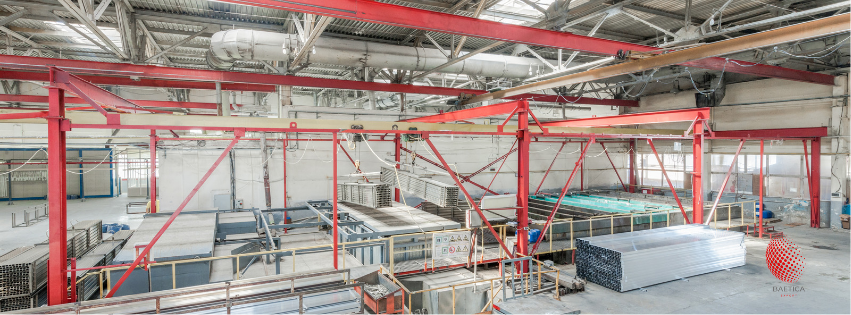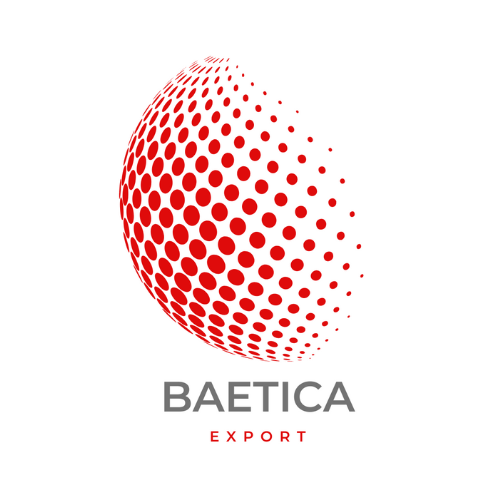Aluminum, a key material in industries such as automotive and aerospace, is at the center of an escalating global trade dispute. Tariff wars, export restrictions, and supply chain shifts are redefining leadership in global markets. In this article, we analyze how the aluminum industry is affecting the international economy and what changes we can expect in the coming years.

Aluminum as a Pillar of Modern Industry
Aluminum is essential for manufacturing cars, airplanes, packaging, and construction. Its demand has steadily increased due to its lightweight nature, corrosion resistance, and recyclability. However, access to this material is increasingly influenced by geopolitical factors, energy costs, and trade barriers, which are transforming market dynamics.
The Tariff War: A Blow to Global Industry
For years, the United States and the European Union have imposed tariffs on imported aluminum to protect their domestic industries from competition, particularly from China and Russia. In response, China has restricted exports of certain aluminum derivatives, increasing global prices and reducing availability.
These tariffs have triggered several consequences in global markets:
- Rising production costs: Automotive and aerospace companies face higher manufacturing costs, impacting final product prices and competitiveness.
- Supplier reconfiguration: Companies in Europe and America are seeking new sources of aluminum in countries like India, Canada, and the Middle East, leading to more diversified supply chains.
- Production relocation: Some manufacturers are moving their operations to regions with lower tariffs and energy costs, impacting jobs in traditional aluminum-producing economies.
Impact on the Automotive and Aerospace Industries
The industries most reliant on aluminum have been hit hardest by trade restrictions.
Automotive Industry: With the rise of electric vehicles, aluminum demand has surged. However, tariffs have increased production costs, forcing manufacturers to explore alternative materials or new recycling methods to reduce reliance on primary aluminum.
Aerospace Industry: Aluminum is crucial in manufacturing commercial and military aircraft. Trade restrictions have complicated raw material procurement for major manufacturers like Boeing and Airbus, prompting them to renegotiate contracts and explore new commercial alliances to secure supply.
Shifting Leadership in Global Markets
Trade tensions are creating a new economic order, shifting the dominant players in aluminum production and export.
China and Russia: These countries remain the largest aluminum producers, but their exports are increasingly affected by sanctions and trade restrictions.
India and the Middle East: Emerging markets are leveraging the situation to strengthen their production capacity and become key suppliers for Europe and America.
United States and the European Union: Both regions are promoting domestic production through subsidies and protectionist policies, although at a higher cost.
Aluminum has become a symbol of current trade tensions, impacting strategic industries and redefining the global economic balance. As tariff wars continue, businesses and governments must adapt to an increasingly volatile environment, where supplier diversification and innovation will be key to maintaining competitiveness.
Baetica Export, as a supplier and exporter of aluminum, can enhance its service to clients by focusing on supplier diversification, logistical efficiency, and customized solutions. In a market affected by trade restrictions and price fluctuations, the company can establish partnerships with aluminum producers in strategic regions such as India, the Middle East, and Latin America to ensure a stable and competitive supply. Additionally, optimizing logistics and delivery times through agreements with efficient transport operators will help clients reduce costs and avoid supply chain disruptions. Finally, providing specialized guidance on market trends, trade regulations, and purchasing strategies will enable clients to make informed decisions and maximize opportunities in the dynamic global aluminum market.
Remember to subscribe to our magazine, so you will be up to date with international market news before anyone else.

